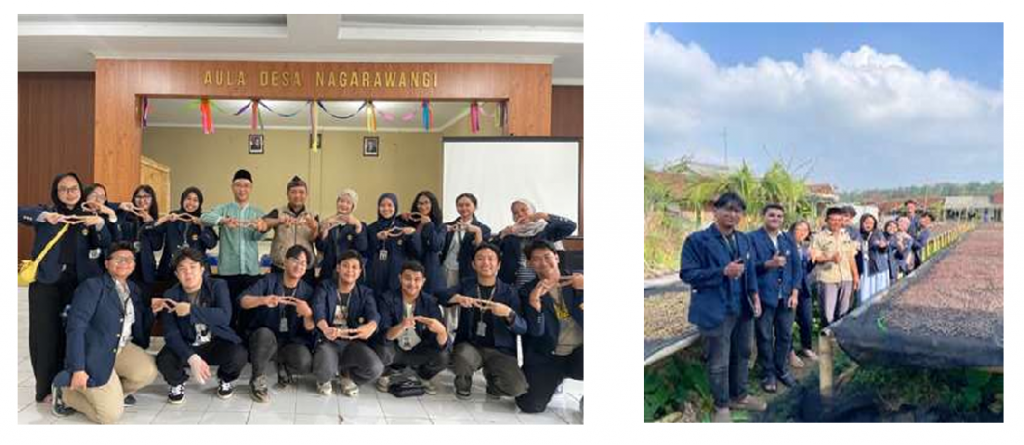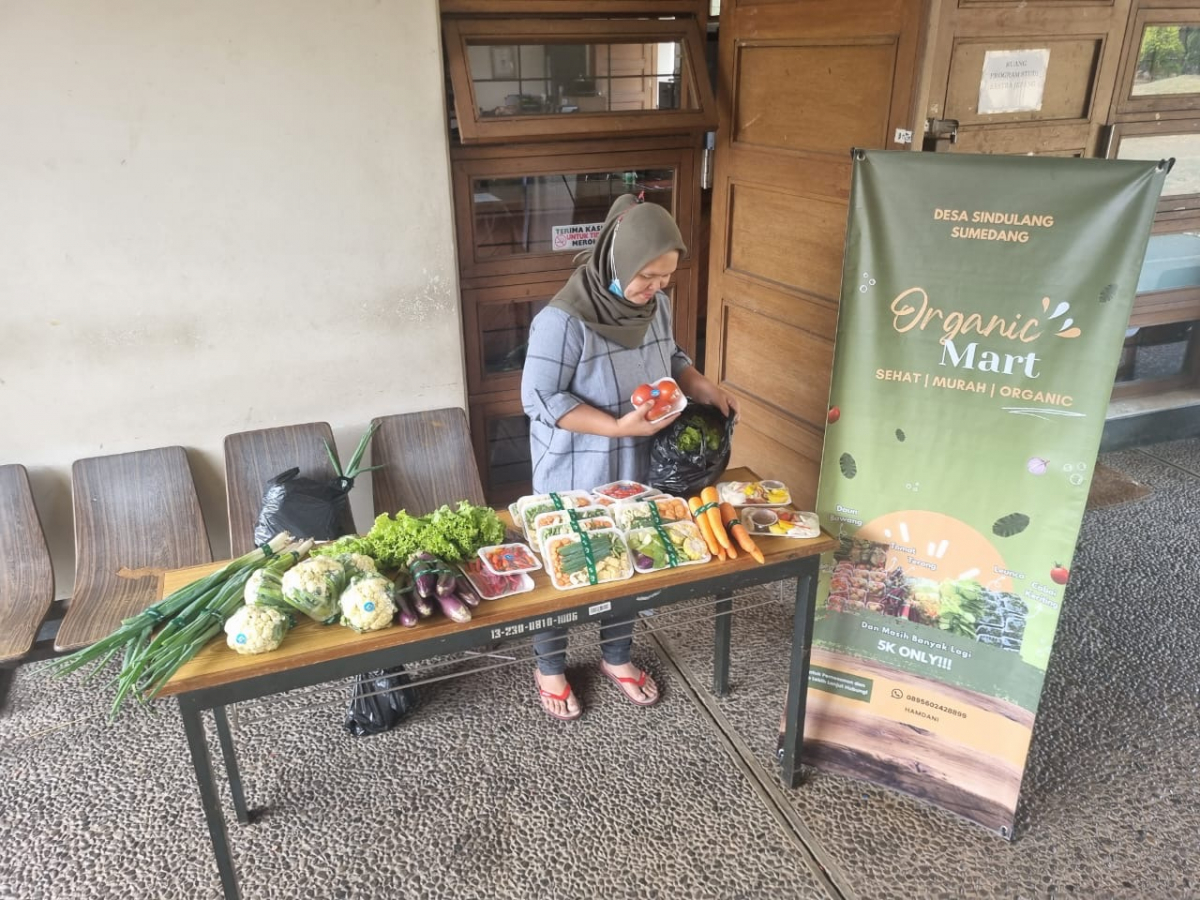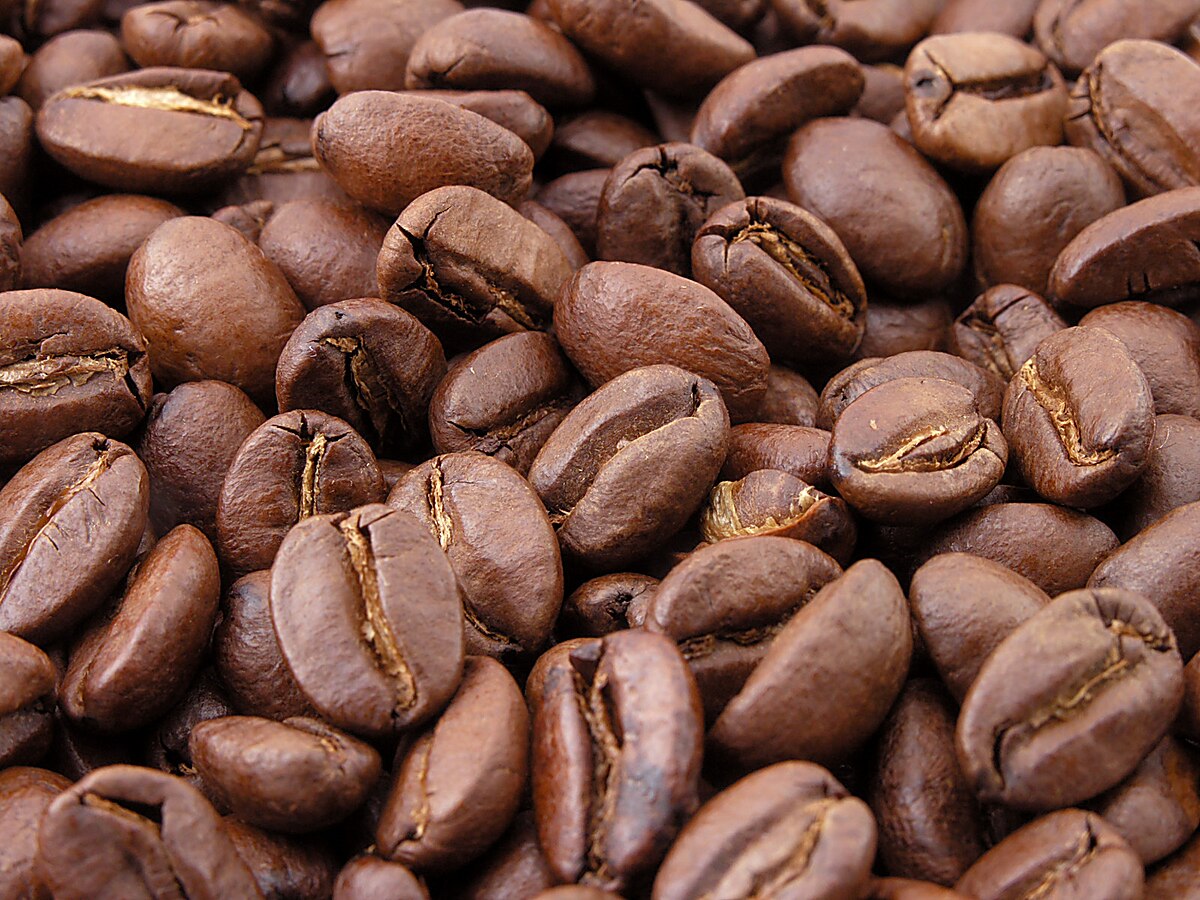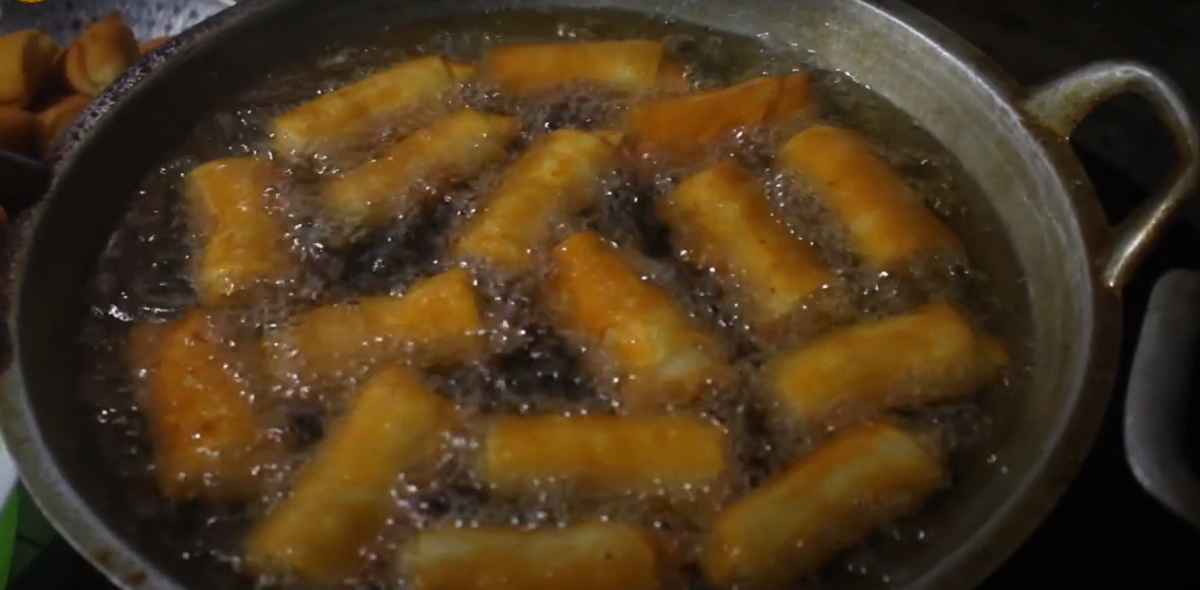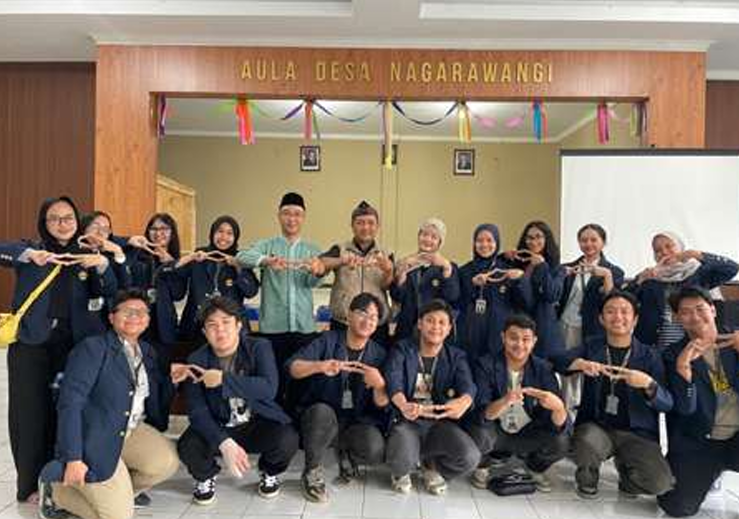
Sparking Growth for Coffee Farmers in Nagarawangi Village
Sumedang, September 1st, 2025 — Nagarawangi Village in Rancakalong, Sumedang, is home to kopi buhun, a distinctive Arabica coffee that has reached local, national, and even international markets. Despite its quality, the product has so far relied mainly on word-of-mouth promotion. To strengthen its presence and ensure sustainable growth, Universitas Padjadjaran is supporting the development of a Coffee Center in the village through its Community Service Program (Pengabdian pada Masyarakat/PPM) in collaboration with students from the KKN Integratif program.
The program, titled “Development of the Coffee Center in Nagarawangi Village, Rancakalong District, Sumedang Regency: Improving Literacy, Product Diversification, Brand Awareness, and Cultural Documentation” (Pengembangan Sentra Kopi di Desa Nagarawangi, Kecamatan Rancakalong, Kabupaten Sumedang: Peningkatan Literasi, Diversifikasi Produk, Kesadaran Jenama, dan Dokumentasi Budaya), received funding of Rp7,500,000, with 70% allocated in its initial stage. Running from July 10 to August 10, 2025, the KKN component involved students working directly with local farmers. Their tasks included gathering demographic and agricultural data, documenting coffee cultivation and processing, and learning about the community’s existing marketing practices.
Students also contributed by sharing digital skills that are increasingly vital for small producers. They introduced strategies in online marketing, social media management, content creation, packaging design, and logistics management. Another key output is the preparation of a dedicated Kopi Nagarawangi website, designed as a multilingual platform to introduce the product to international buyers. Although still in draft form, the site is expected to become an important gateway for expanding sales beyond the village’s traditional customer base.
In addition to this practical work, the PPM team has been preparing an academic article for submission to the PPM Midang journal as part of the project’s scholarly contributions.
By combining academic research, student involvement, and community collaboration, the program highlights how universities can contribute to local food security and economic empowerment. For the farmers of Nagarawangi, it is also an important step in ensuring that their heritage coffee continues to thrive in both local and global markets.
By Dhia Anaulva Putri
